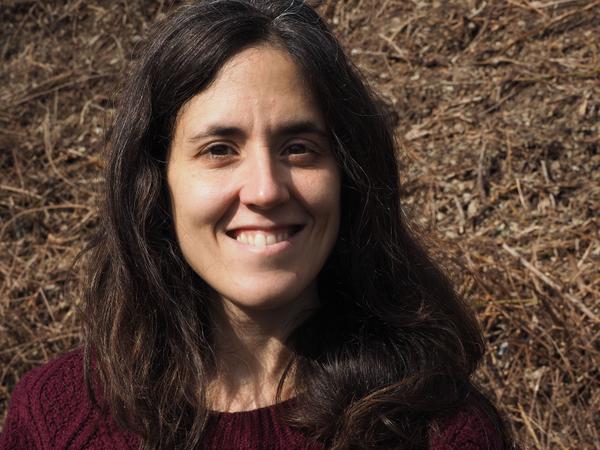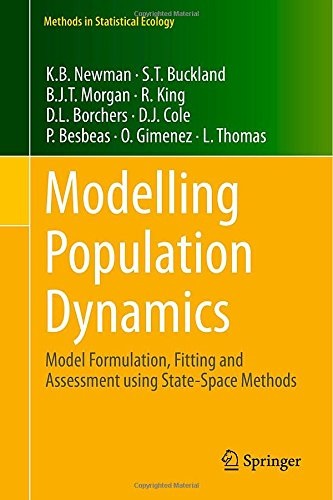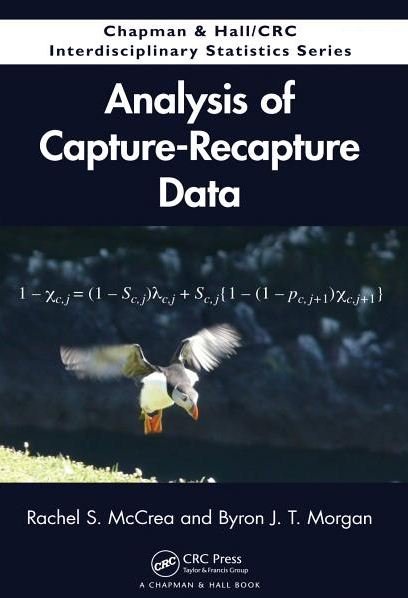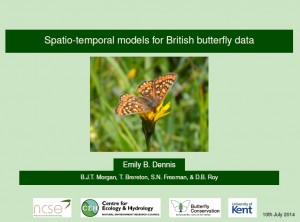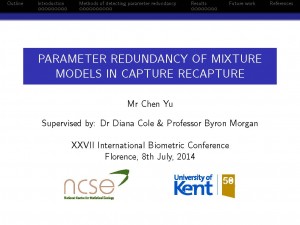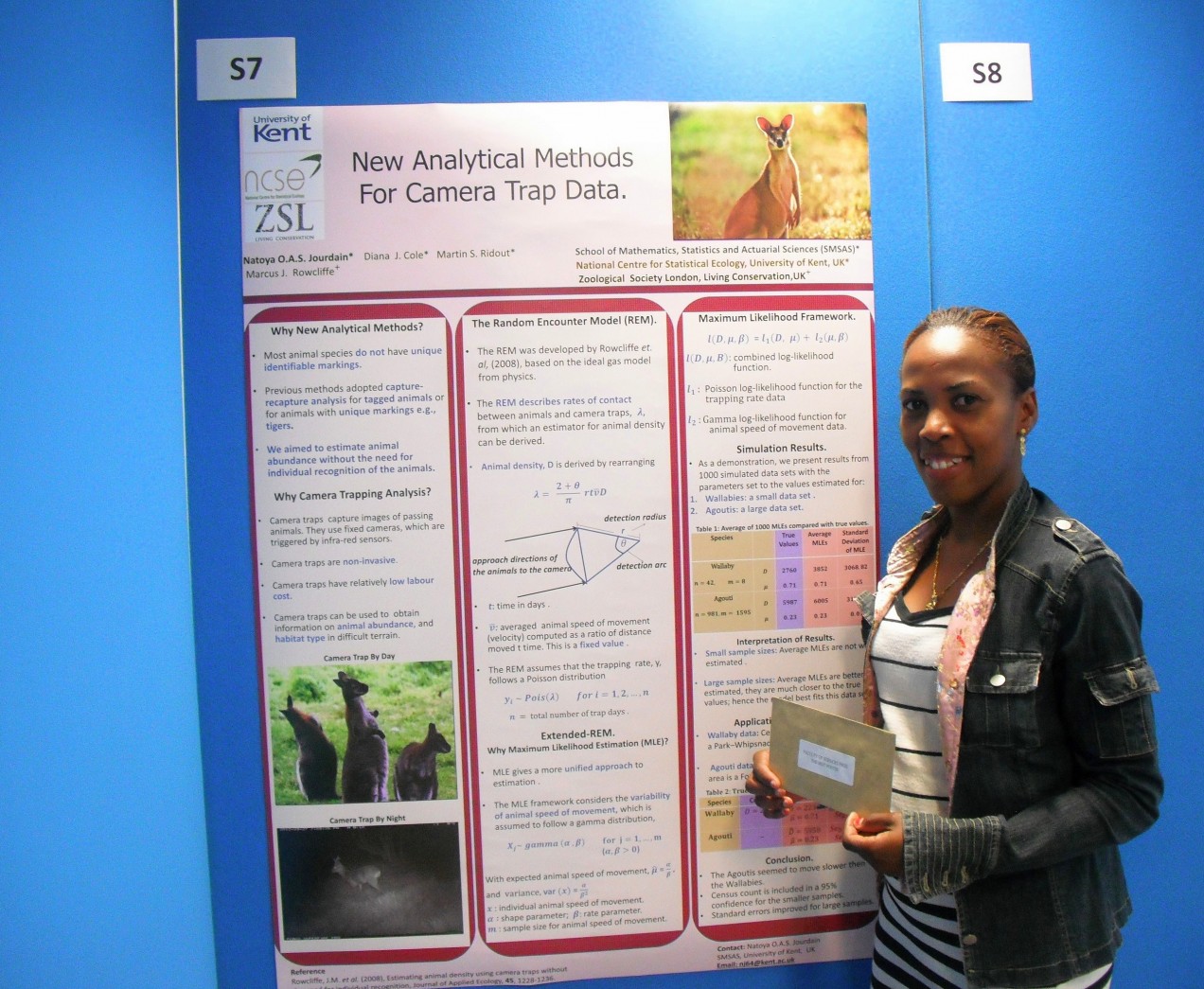In 2015 the University launched a new annual award scheme to recognise excellence in research as part of its 50th anniversary celebrations. 40 applications were received from across all three Faculties, and the Pro Vice-Chancellor for Research & Innovation, Prof Philippe De Wilde, led the panel that selected the winners. We are delighted to announce that Statistics PhD student Emily Dennis was among the award winners, receiving the Faculty of Sciences prize for Postgraduate Research.
The aim of Emily’s research is to develop new statistical methods for analysing national butterfly data and she has developed several novel statistical approaches for analysing data collected under the UK Butterfly Monitoring Scheme (UKBMS). Possibly the best insect data set in the world, it was not being put to optimal use. However, the method published by Emily in Methods in Ecology and Evolution is now being used in the reporting of UKBMS data and has received interest from Europe and North America.
Professor De Wilde said “The standard was extremely high, and reflects the diverse, exciting and vibrant research culture across the University.” Full details of all prize winners.


